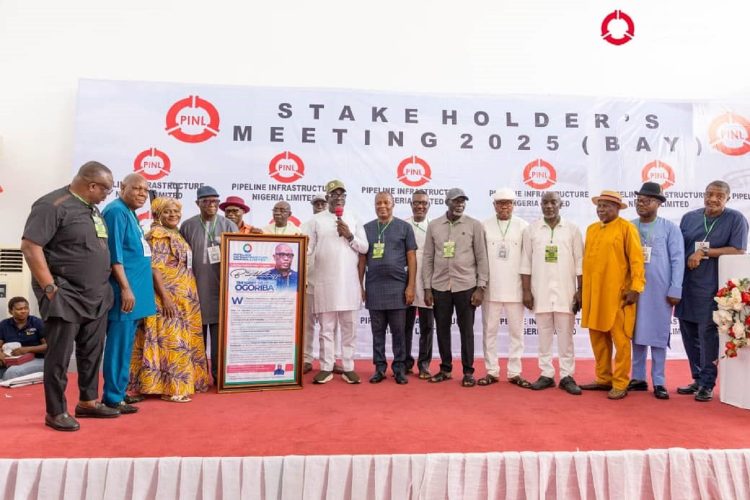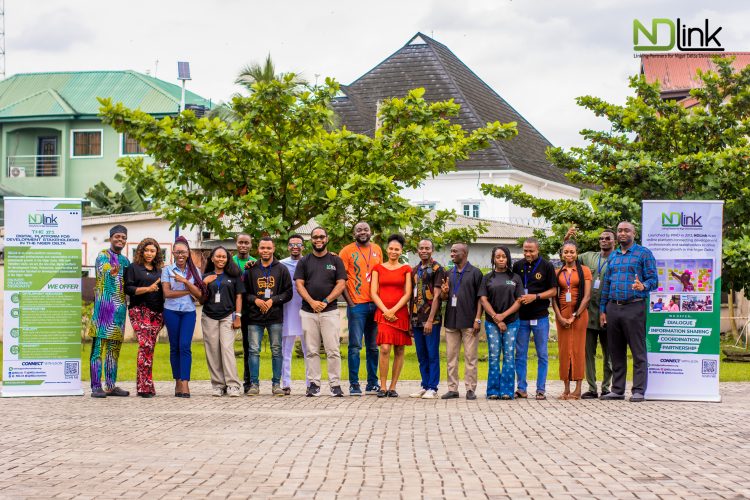NGO partners US university on youths and women empowerment
March 2, 2015
[STORIFY] Let’s Talk Governance (#GovTalkNG) at Social Media Week Lagos
March 3, 2015How can Power imbalance and hidden agendas be addressed in Partnerships? Part 2
Blog written by Micah Mendie, Advocacy and Analysis Program Officer, PIND Foundation
Partnership has become a buzz word often used by development actors and organizations to demonstrate their belief in the approach and concept. Several development projects and initiatives in Nigeria and elsewhere have been built on the concept and principles of partnership. In part 1 of this series, 10 essential elements of good partnerships were highlighted.
This follow-up blog post will focus on how power imbalance and hidden agendas manifest in partnership negotiations. International development cooperation is primarily aimed at making real and positive difference for people in need, their families and communities. Bilateral donor/funding organizations such as UK AID, USAID, AUSAID and their multi-lateral counterparts (EU, UN, World Bank) all want to show measurable, positive changes to the quality of life for their direct beneficiaries. In making all these desires come to fruition requires partnerships with local implementing partners who are the recipients of the intervention funds. Managing these relationships requires power balance, equity and mutual respect on the part of both partners. But according to Shirley Sagawa, while equality in partnerships is recommended, it is difficult to put into practice.
These power imbalance often influence and lead some implementing partners to take actions that are inconsistent with their missions. There are also other real inequities between donor and implementing partners that are more difficult to erase, especially in terms of economic and social class. If partners acknowledge and discuss these inequities up front, they may be better able to see how they affect the work of the partnership.
Literature reveals concerns for credibility and integrity, which may be regarded as a concern that the partnerships are fair and that power is not being misused. Currently however, little information exists on how partnerships are conducted behind closed doors which gives room for power manipulations.
According to a CVO paper, when an NGO enters into a partnership with a donor, this is a “dialogue of the unequal.†There is an asymmetry of power that no amount of well-intentioned dialogue can remove.
Some pitfalls that cause power imbalance include:
- Capacity mismatch: partners have different skills and are different in size;
- Cross cultural issues which causes misunderstanding;
- Both or one partner not living up to expectations;
- Funding process tend to dominate the role of implementing partners and influence the nature of partnerships.
To address these, partners must actively discuss and seek to find methods for sharing power and control. Efforts to ensure equity and shared influence may be incorporated into principles, operating norms, polices, and procedures. For example, how will the partnership make decisions? Where will meetings be held? Will there be a shared distribution of resources?
Practical approaches to address power imbalance and hidden agenda are:
- Carry out a good assessment prior to establishing partnership with any potential partner.
- Ensure all roles and responsibilities are documented clearly
- Have a partnership approach to working e.g. be open, communicate clearly (in writing) and visit where feasible.
- Ensure funding processes are clear and financial information is available to all
- Conclusively, striving for equity should include processes for addressing:
- Power imbalances between parties involved in the partnership
- Acknowledging and valuing the expertise and skills of partners
- Lack of common language among partners
- Politics within and between partners
- Issues of ownership
Micah Mendie’s blog posts are about sharing his personal insights, knowledge and experiences designing, implementing and managing social development interventions and initiatives that covers partnership development, models of development, advocacy, policy analysis & engagement, political economy of development, social protection and conflict sensitivity and analysis.









